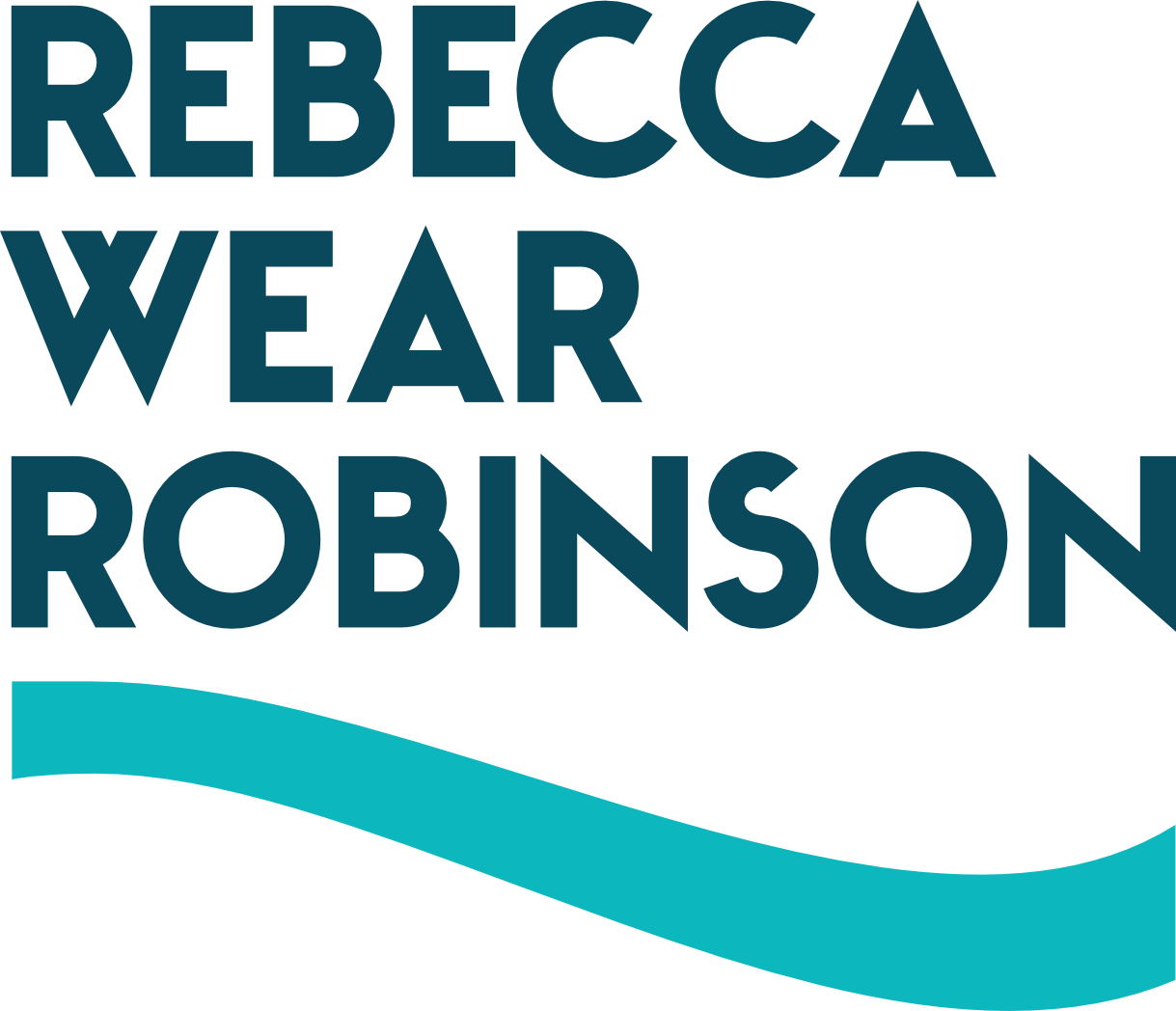Rebecca's 5 Favorite Activist Books
Learning from others accelerates success
I am an avid reader. Reading takes me around the world. Reading immerses me in different lives, cultures, and ideas. Reading teaches me and helps me make sense of the world by providing different perspectives.
In a normal week, I’m reading newspapers and The Economist to stay up on current global events. I read various alumni magazines, fashion magazines, and home decorating magazines to explore current cultural events and people. But most of all, I devour books. I read books for entertainment, books to learn, books to challenge my own status quo. I appreciate books because they delve deep into a subject, the equivalent of a deep conversation with an expert in their field over a fabulous meal, or at least someone with a well-developed opinion and a different perspective. I may not always agree, but I always learn.
Generally I pass my books on when I’m done, but sometimes they make such a deep impact I need to keep them on my bookshelf for inspiration and future reference. I’d like to share 5 books that have stayed on my bookshelf.
You Learn By Living: Eleven Keys for a More Fulfilling Life, by Eleanor Roosevelt. It seems like Eleanor Roosevelt simply ignored barriers. Yes, she came from a privileged family and was First Lady to an influential but cheating spouse, but Eleanor didn’t just take on difficult social issues, she pushed, shoved, and forced those issues, and the solutions, into the light, wielding her position to earn a seat at the table.
Activist Lesson #1: Don’t listen to those who ridicule you or try to keep you in your place. If you believe in something, keep pushing, don’t take ‘no’ for an answer.
2. Spymistress: The True Story of the Greatest Female Secret Agent of World War II by William Stevenson. Vera Atkins was recruited as a spy at the age of 23, “her fierce intellect, personal courage, and facility with languages quickly propelled her into the leadership echelon of the Special Operations Executive (SOE).” Despite having a wooden leg, she was never caught by the Nazis, even though she had to cross the Pyrenees by foot to escape.
Activist Lesson #2: Focus on building a strong team, be ruthless when needed, keep the end goal in mind, and never let the enemy see you blink.
3. When Women Ruled The World: 6 Queens of Egypt by Kara Cooney Egypt’s queens gained their position only when there wasn’t a legitimate male heir to be found in what is still a male-dominated world, but what they accomplished during those short periods of history reminds me of why we need far more women in power. I would also include many biographies of Elizabeth I for lessons about how women successfully navigate misogyny, power, and politics.
Activist Lesson #3: Female power often has changed history for the better. Learning from early leaders gives us techniques for seizing and wielding that power today.
4. Appetite for Life: The Biography of Julia Child by Noël Riley Fitch Julia Child revolutionized food and eating in the U.S. It took her 10 years to co-write her first book, Mastering the Art of French Cooking, published when she was 50 years old. Julia understood that just writing a book wasn’t enough to change minds and behaviors about the importance of good food. She was on TV for the next 30 years, wrote columns, conducted cooking demonstrations, and co-founded influential food organizations and supported cooking schools. Before she started cooking, she worked for the precursor to the CIA in China and Ceylon, coordinating all top-secret documents for the region during WWII, and then as a diplomatic wife in France, Germany, and Norway, learning the languages in all 3 countries. Julia essentially spent the first 50 years of her life gathering the skills to be an effective activist. It’s never too late.
Activist Lesson #4: If you build it, they will not come. If you believe passionately about an issue, you must push, promote, and get your name, face, and ideas out there - with all the style and verve you possess.
5. HumanKind: A Hopeful History by Rutger Bregman A study of how humans really are kind, really do want to work together, really do want to do the right thing. The perfect antidote to the endless cycle of doom, gloom, and violence that we see on the news and in the talk shows.
Activist Lesson #5: People are worth fighting for. The world needs activists to keep fighting.
A final word. If you love books, please support your local independent bookstore or your public library. The books which change our lives are rarely the books with the big advertising push that lands them on the Amazon list, or the best seller lists. It’s the books chosen by those who read voraciously and curate wisely that change us. Without independent bookstores and libraries, we’ll all start thinking the same. How boring. And how dangerous.

